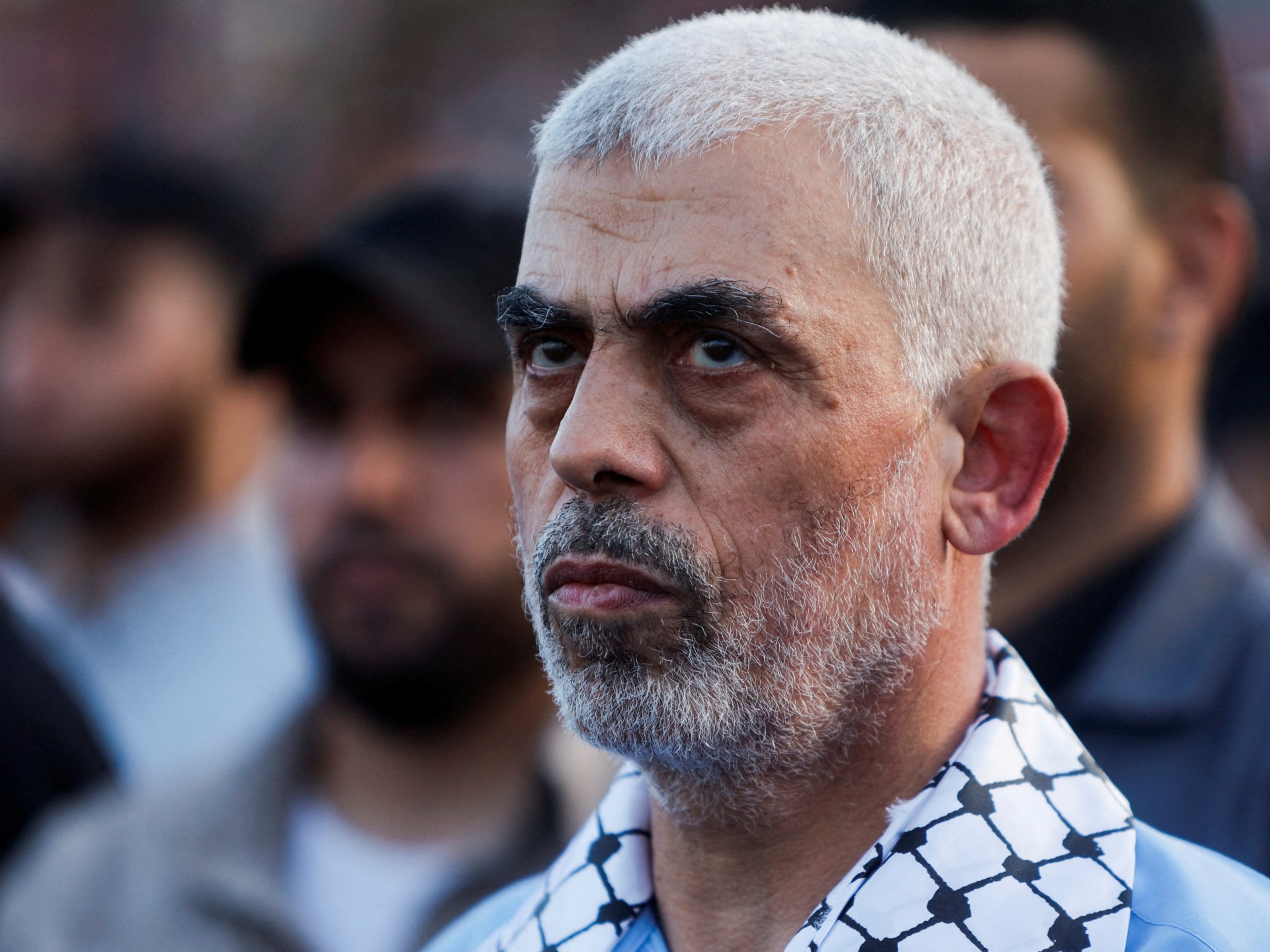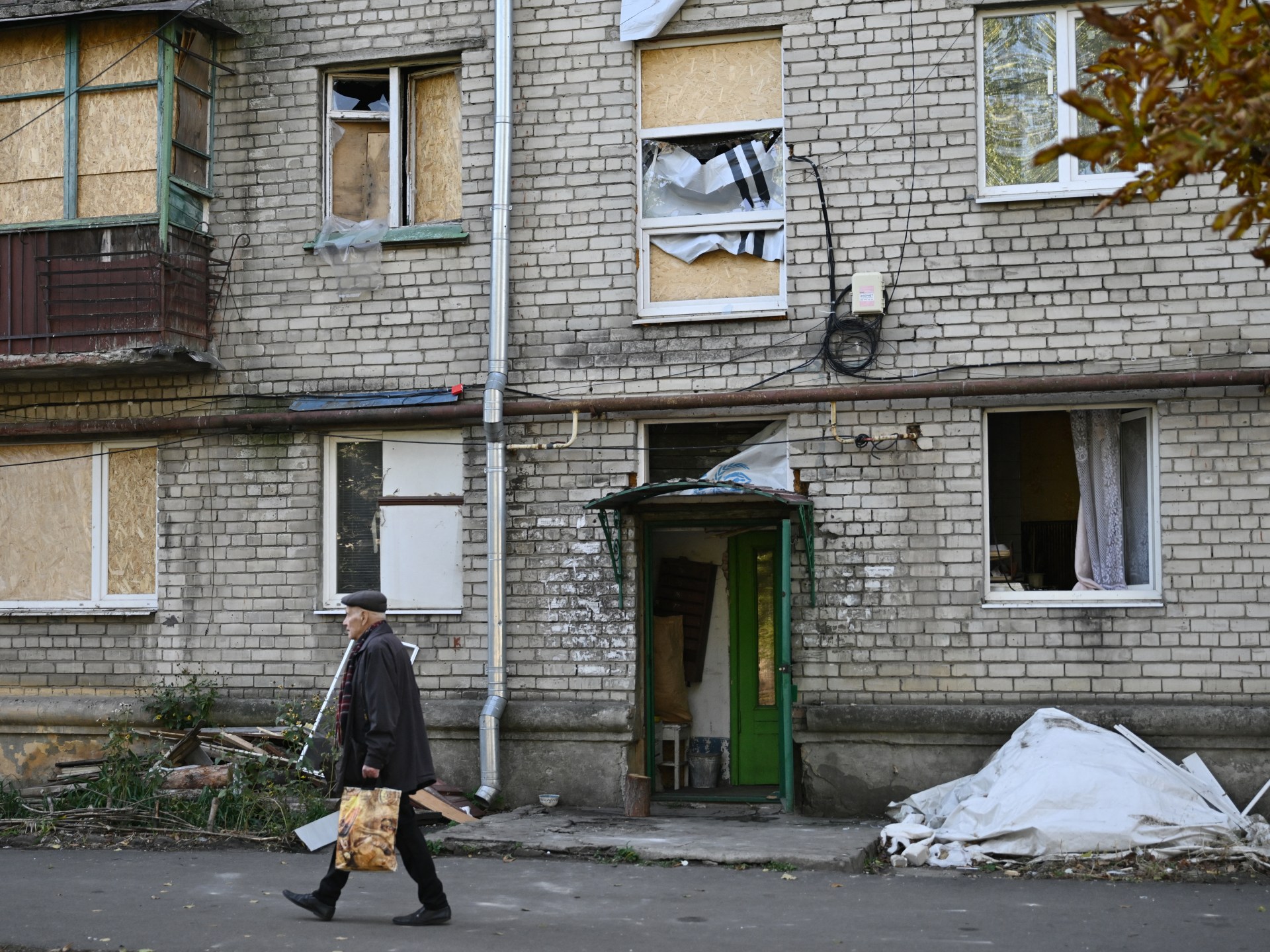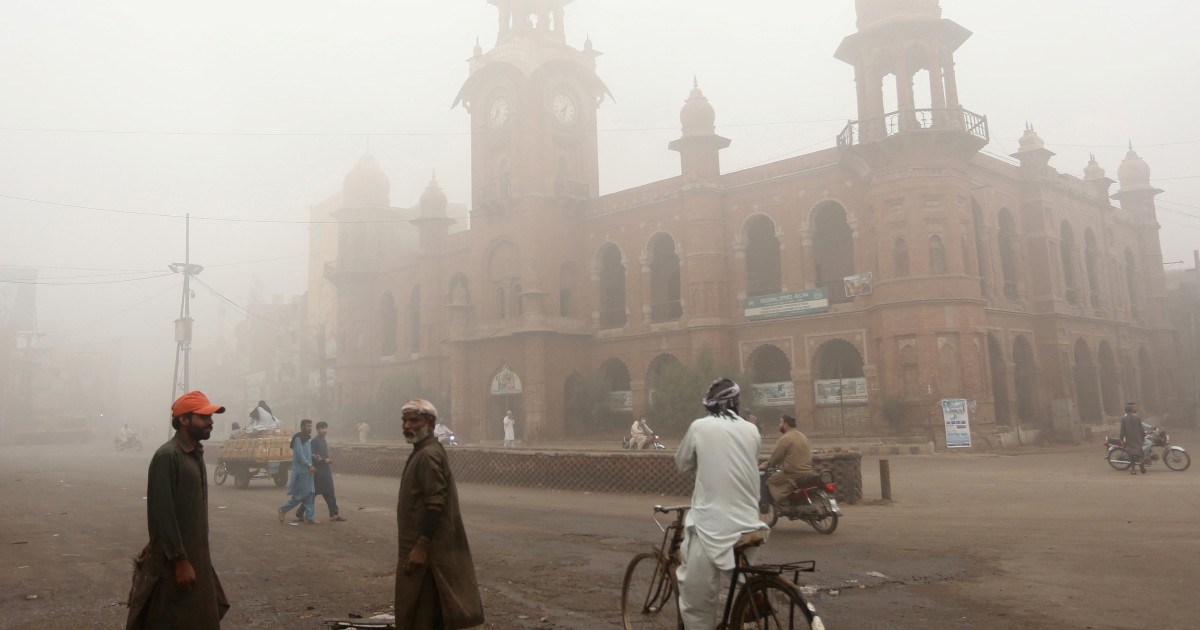China removes memorials to car ramming attack victims amid public outrage
 13 November 2024
13 November 2024


Authorities in the southern Chinese city of Zhuhai have removed wreaths, candles, and bottles of Chinese alcohol left as tributes at the site of the country’s deadliest mass killing in a decade, in an effort to manage public anger over the government’s response.
Officials in southern China ramped up security at the site in Guangdong province on Wednesday, two days after a driver rammed his vehicle into a sports complex, killing 35 people as they were exercising.
On Monday, the 62-year-old man, identified only by his surname Fan, ploughed a small SUV through a gate to the complex and into crowds of people on the roads inside, according to police. In addition to those killed, at least 43 others were left with non-life-threatening injuries, according to state media.
The government took almost a day to announce the death toll.
An initial police statement said people had been injured but did not mention deaths, and videos of the attack later appeared to be removed by China‘s internet censors.
This prompted outrage on Chinese social media, where posts complaining about the government’s slow response and raising questions about the mental health of a nation shaken by a recent spate of similar killings were also being quickly removed.
A hashtag related to the attack shot to number one on the popular Weibo social media site, but had been removed by Wednesday afternoon.
The attack was the deadliest since 2014, when a vehicle ramming and bomb attack in the northwestern city of Urumqi killed 43 people – including four assailants – and wounded more than 90 others.
Officials at the site said the memorial items were being moved to a “mourning hall” inside the complex with no access to the public.
Police said Fan was apprehended at the scene but was in a coma after self-inflicted knife injuries, preventing them from interrogating him.
They said preliminary inquiries suggested the attack was “triggered by [Fan’s] dissatisfaction with the division of property following his divorce”.
The attack happened as Zhuhai captured China’s attention with the country’s largest aviation exhibition, which every two years showcases the nation’s civil and military aerospace achievements and where a new stealth jet fighter is on display this year.
While there is no indication that the two events are related, Chinese people often pick large national events with round-the-clock media coverage in an attempt to circumvent the tight censorship and highlight their grievances.
This was the second such incident to occur during the Zhuhai airshow. In 2008, at least four people were killed and 20 injured when a man drove a truck into a crowded schoolyard during the airshow. Police said that the attacker had been seeking revenge over a traffic dispute.
Violent crime is generally rare in China compared to many Western countries, but the Asian nation has witnessed a spate of deadly attacks in recent months.
A man killed three people and wounded 15 in a knife attack at a supermarket in Shanghai in October, while in July, police said a vehicle crashed into pedestrians in the central city of Changsha, killing eight.
In several cases, Beijing has described the killings as isolated incidents, or the motives of the perpetrators have not been publicly disclosed.
After the Zhuhai attack, Chinese President Xi Jinping called on authorities to “strictly guard against the occurrence of extreme cases”, Xinhua reported.
Related News

Former Canadian Olympian charged in major US cocaine-smuggling case

Israel claims Hamas leader Yahya Sinwar has been killed

Russia-Ukraine war: List of key events, day 973

